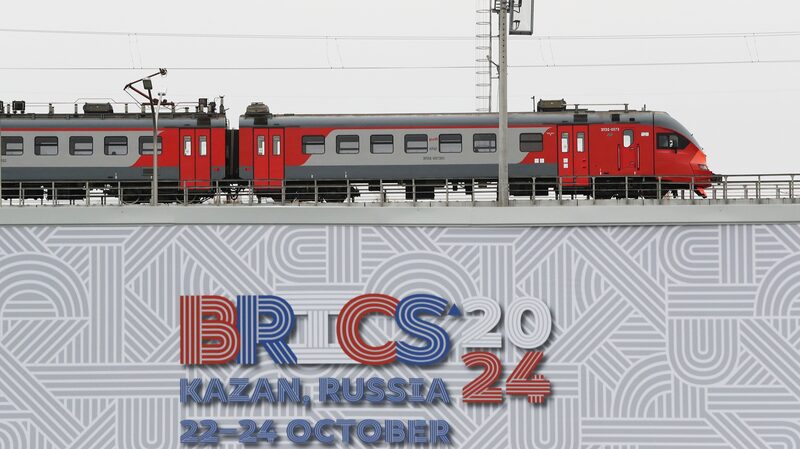As the geopolitical landscape evolves, BRICS is emerging as a beacon of hope for many countries in the Global South. Zukiswa Roboji, a researcher at Walter Sisulu University in South Africa, shared her insights in a recent interview with Xinhua ahead of the upcoming BRICS summit in Kazan, Russia.
Roboji highlighted that BRICS has made significant strides in recent years, particularly by expanding its membership. \"BRICS has undoubtedly made notable strides in recent years,\" she stated. \"One of the most significant achievements is expanding the group to include more nations, showcasing its growing appeal and relevance in a shifting geopolitical landscape.\"
The BRICS consortium offers emerging economies easier access to financial resources and enhanced opportunities for trade, investment, and development. The New Development Bank, a BRICS initiative, has been instrumental in funding critical infrastructure projects across the Global South. This support not only addresses pressing development challenges but also empowers these nations to pursue their growth trajectories with greater independence.
Roboji emphasized that BRICS represents a shift toward multipolarity, appealing to nations eager to diversify their international relations and reduce reliance on Western powers. \"BRICS's commitment to multilateralism and global governance reform aligns with the interests of emerging economies aiming to have a stronger voice in international decision-making,\" she explained.
Furthermore, BRICS focuses on cooperation in technology, energy, and climate change, making it an attractive partner for countries seeking sustainable growth while addressing global challenges. \"Additionally, BRICS focuses on cooperation in technology, energy and climate change, making it an attractive partner for countries seeking sustainable growth while addressing global challenges,\" Roboji added.
As the group continues to expand, its potential to reshape global economic and political dynamics grows, attracting nations looking for strategic alignment beyond traditional power centers. In particular, BRICS has extended its outreach to African nations, facilitating investments and partnerships in sectors like energy, infrastructure, and technology. This expanded collaboration underscores BRICS's vital role as a platform for Global South countries striving for sustainable development and economic resilience.
Reference(s):
cgtn.com




